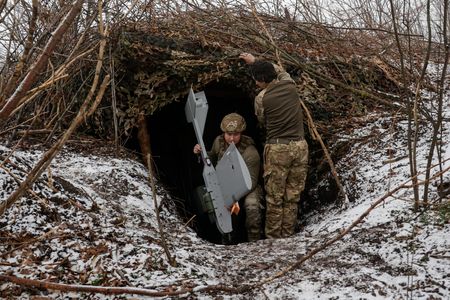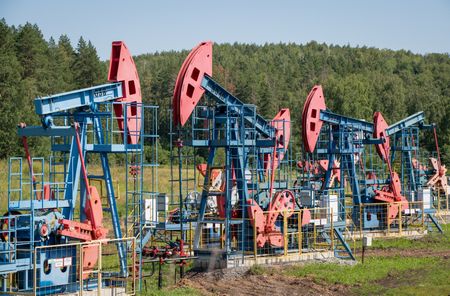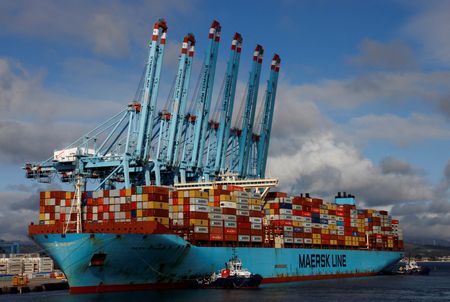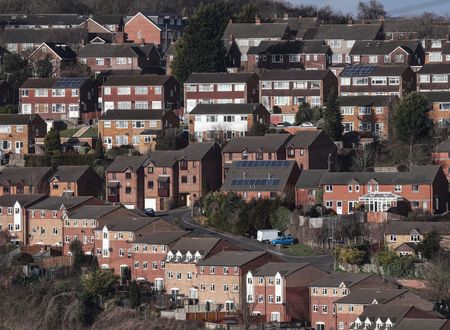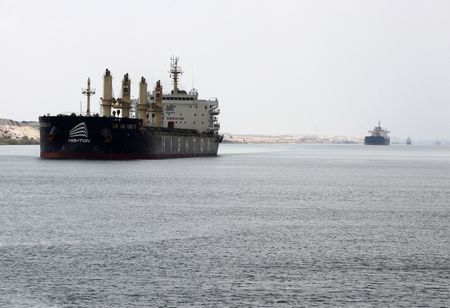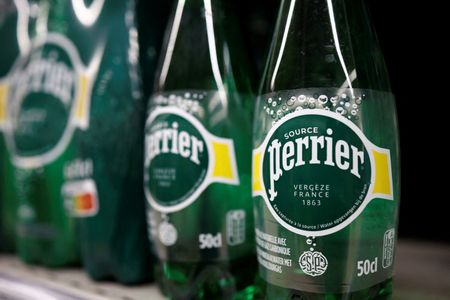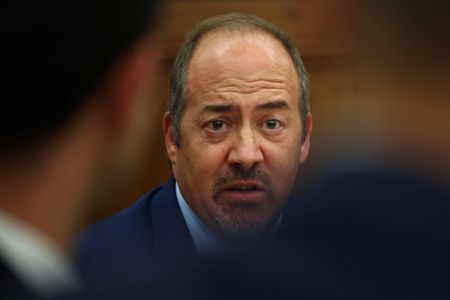MOSCOW (Reuters) – Russia’s Kuibyshev mid-sized oil refinery near the city of Samara on the Volga river has halted all production following damage from a Ukrainian drone attack last week, two industry sources told Reuters on Thursday.
The disruption adds to the difficulties of the Russian oil refining sector as the need for emergency repairs following numerous drone attacks claimed by Ukraine has left them struggling to deliver supplies.
According to Reuters calculations, around 14% of Russia’s refining capacity has been shut down by drone attacks, including Kuibyshev, and the country has this month increased gasoline imports from neighbouring Belarus to address possible fuel shortages.
Russia has also banned gasoline exports for six months starting from March 1 to try to prevent a surge in domestic fuel prices.
Earlier this week, industry sources said the Rosneft-owned refinery halted CDU-5, one of two primary refining units, knocking out half of its capacity.
But the sources, who asked not to be named because they were not authorised to speak on the issue, said that the plant has also stopped its second primary refining unit, CDU-4.
Rosneft did not respond to a request for comment.
One of the sources said CDU-4 was not affected by the drone attack, but because of its technical link to the damaged CDU-5 could not operate without it.
The difficulties of Russian oil refineries eased somewhat, three sources told Reuters on Wednesday, as operations resumed at one unit at the Ryazan oil plant, which is much bigger than the the Kuibyshev refinery.
Last year, the Kuibyshev plant was Russia’s 29th biggest oil refinery by output, accounting for 1.34% of total oil refining throughput, having processed 3.687 million tons of crude oil.
It produced 624,000 tons of gasoline (1.42% of Russia’s total), 1.187 million tons of diesel (1.35%), and 1.040 million tons of fuel oil (2.56%).
Russia’s refining production forecast for 2024 is unchanged and close to last year’s level of around 5.5 million barrels per day, Energy Minister Nikolai Shulginov said last week.
(Reporting by Reuters; editing by Barbara Lewis)

